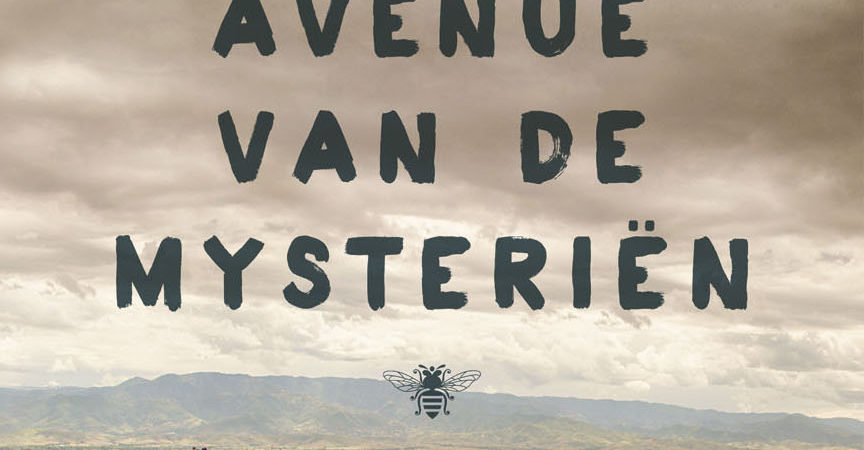On Januari 21th BorderKitchen invites bestseller author John Irving.
The guest of this evening is no other than John Irving. The American author has written numerous bestsellers including the classics The World according to Garp and The Cider House Rules, which were made into major films. At BorderKitchen he will tell us more about his latest book: Avenue of Mysteries. Irving will be interviewed by journalist and author Arjan Visser.
In Avenue of Mysteries, Juan Diego—a fourteen-year-old boy, who was born and raised in Mexico—has a thirteen-year-old sister. Her name is Lupe, and she thinks she sees what’s coming—specifically, her own future and her brother’s. Lupe is a mind reader and she is usually right about the past; without you telling her, she knows all the worst things that have happened to you.
Lupe doesn’t know the future as accurately. But consider what a terrible burden it is, if you believe you know the future—especially your own future, or, even worse, the future of someone you love. What might a thirteen-year-old girl be driven to do, if she thought she could change the future? As an older man, Juan Diego will take a trip to the Philippines, but travelling with him are his dreams and memories; he is most alive in his childhood and early adolescence in Mexico.
The Dutch translation of Avenue of Mysteries was published by publishing House De Bezige Bij in November 2015 as Avenue van de mysterieën. In a translation by Otto Biersma and Luud Dorresteijn.
‘An empathically imagined, masterfully told, and utterly transporting tale of transcendent sacrifice and perseverance, unlikely love, and profound mysteries.’ – Booklist
‘The character is a captivating original; his tale includes humor, pathos, and acute observations. Once again, Irving charms by blending the fantastical with what is deeply, affectingly real.’ – People Magazine


